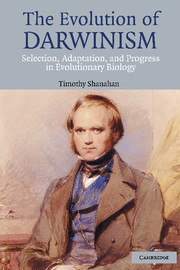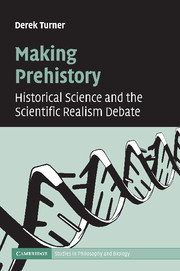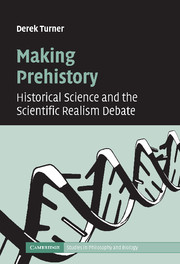Paleontology
In the wake of the paleobiological revolution of the 1970s and 1980s, paleontologists continue to investigate far-reaching questions about how evolution works. Many of those questions have a philosophical dimension. How is macroevolution related to evolutionary changes within populations? Is evolutionary history contingent? How much can we know about the causes of evolutionary trends? How do paleontologists read the patterns in the fossil record to learn about the underlying evolutionary processes? Derek Turner explores these and other questions, introducing the reader to exciting recent work in the philosophy of paleontology and to theoretical issues including punctuated equilibria and species selection. He also critically examines some of the major accomplishments and arguments of paleontologists of the last 40 years.
- Explains important theoretical concepts, such as punctuated equilibrium and species selection, making this accessible to those new to this area of study
- Contains numerous examples of recent work in the area, providing an up-to-date reference of ongoing debates in the scholarship
- Introduces important concepts from contemporary philosophy of science, such as underdetermination, and the theory-laden process of observation
Reviews & endorsements
"...This is one of the first to deal specifically with paleontology.... The book reads well.... The book appears to be oriented toward graduate-level seminars and professionals.... recommended..."
--L.T. Spencer, emeritus, Plymouth State University, Choice
Product details
June 2011Paperback
9780521133326
240 pages
246 × 174 × 11 mm
0.48kg
28 b/w illus. 3 tables
Available
Table of Contents
- 1. Paleontology and evolutionary theory
- 2. A new way of looking at the fossil record
- 3. Punctuated equilibria: provocations and problems
- 4. The emergence of a hierarchical evolutionary theory
- 5. The case for species selection
- 6. Real trends
- 7. The dynamics of evolutionary trends
- 8. Is evolution contingent?
- 9. Diversity and disparity
- 10. Are genes the new fossils?






